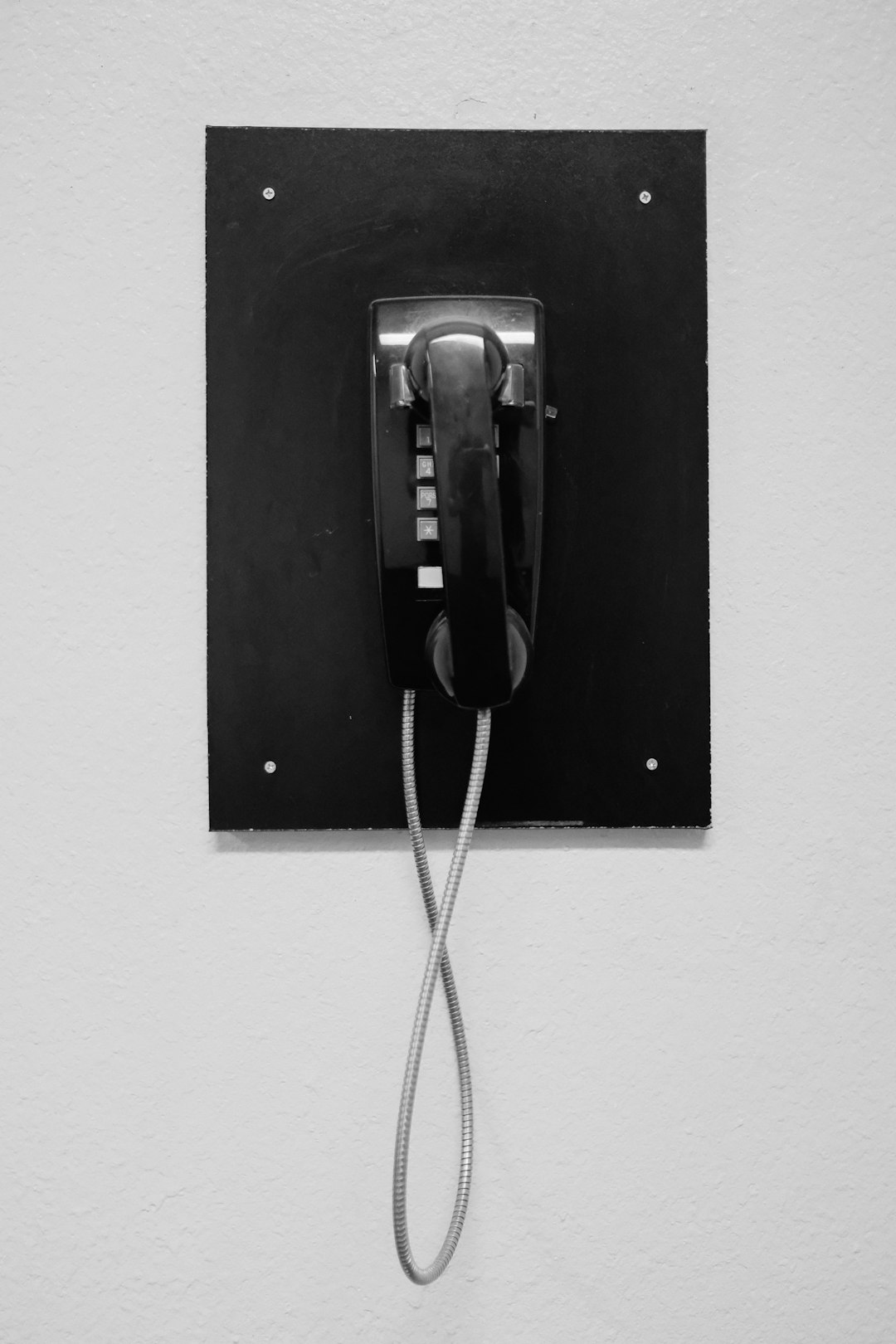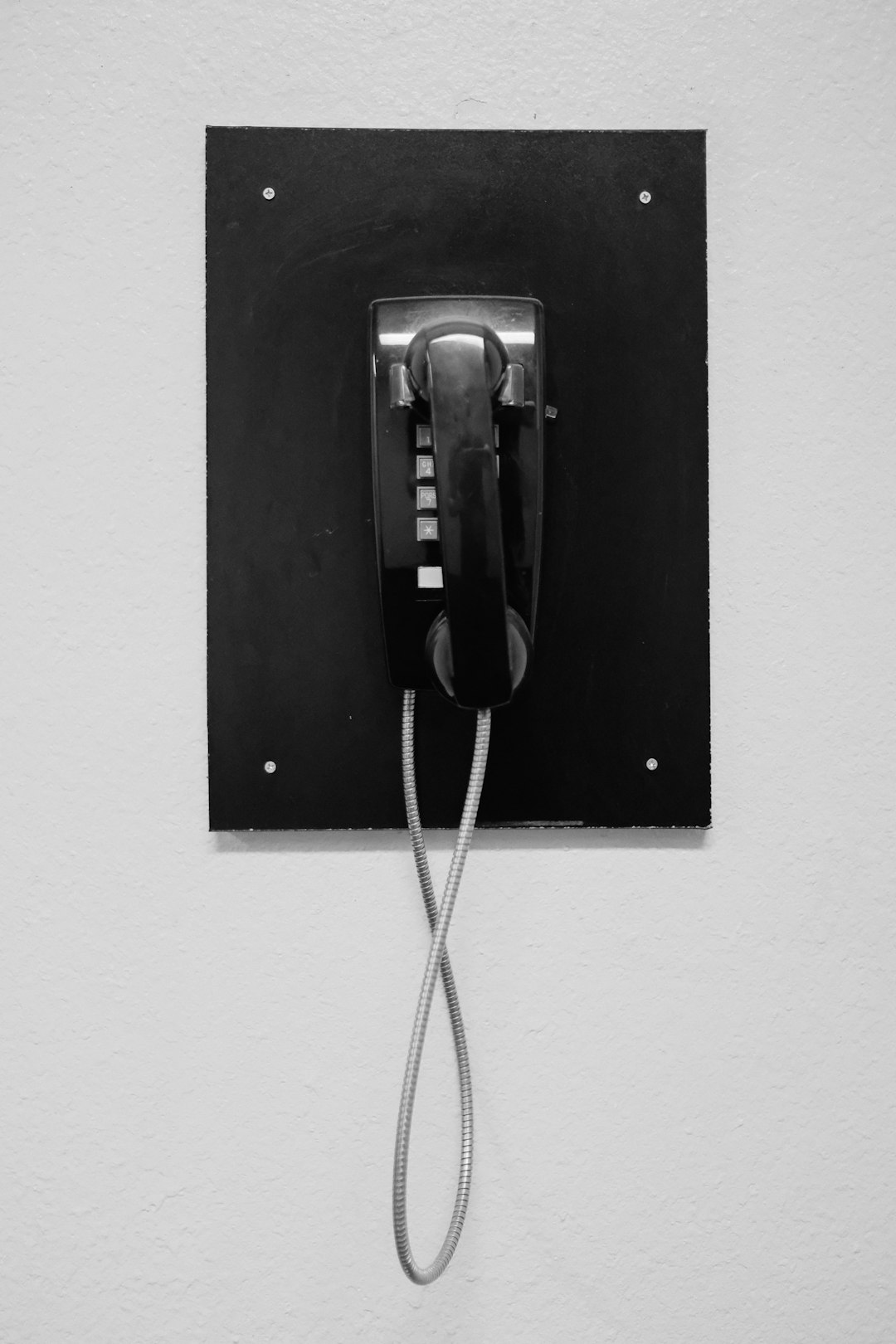In Maine, the Maine Public Utilities Commission (MPUC) regulates telemarketing practices to protect residents from intrusive spam calls through strict laws on timing, opt-out options, and disclosures. Businesses operating in Maine must obtain explicit consent and provide clear opt-outs for consumers, facing substantial penalties for non-compliance. To combat unwanted calls from law firms and other sources, businesses are adopting advanced call management systems. Visitors to Kingsbury Plantation can learn about historical communication methods pre-modern technology and spam calls. Empowering individuals with knowledge of their rights, Maine's Do Not Call registry, blocking apps, and understanding the Telephone Consumer Protection Act (TCPA) helps reclaim peace of mind from spam call law firms and unwanted solicitations.
“In today’s digital age, unwanted spam calls have become a persistent nuisance, impacting individuals and businesses alike. Amidst this backdrop, Kingsbury Plantation emerges as an intriguing historical perspective on communication in Maine. This article delves into ‘Understanding Maine’s Spam Call Laws: A Comprehensive Overview,’ exploring the legal framework designed to combat these disruptive calls. We further analyze the effects of unwanted calls, discuss the empowering role of knowledge, and provide practical steps for Mainers to navigate and mitigate ‘Caller Confusion’ effectively.”
Understanding Maine's Spam Call Laws: A Comprehensive Overview

In the state of Maine, understanding and adhering to the local spam call laws is paramount for both businesses and individuals alike. The Maine Public Utilities Commission (MPUC) regulates telemarketing practices within the state, aiming to protect residents from unwanted and disruptive calls. These regulations are designed to ensure consumer privacy and provide a safe haven from aggressive or deceptive marketing tactics often employed by spam call law firms.
Maine’s spam call laws enforce strict guidelines for call times, opt-out mechanisms, and required disclosures. Businesses must obtain explicit consent before making telemarketing calls and offer an easy way for recipients to opt out of future communications. Failure to comply can result in significant fines. By familiarizing themselves with these laws, residents can take proactive measures to combat spam calls and maintain control over their communication preferences.
The Impact of Unwanted Calls on Individuals and Businesses

Unwanted calls, often referred to as spam calls, have become a ubiquitous and bothersome aspect of modern communication, significantly impacting individuals and businesses alike. For recipients, these unsolicited phone calls can be more than just an annoyance; they disrupt daily routines, waste valuable time, and in some cases, lead to stress and anxiety. The constant need to screen or block unknown numbers has changed the way people interact with their phones, hindering genuine conversations and fostering a sense of unease.
In the context of businesses, spam calls present a unique challenge. Many law firms in Maine have had to grapple with an influx of these calls, which can be particularly detrimental as they often interfere with client interactions and legal practices. The Spam Call Law, designed to mitigate this issue, offers some protection but cannot entirely eliminate the problem. Businesses must now invest in robust call management systems to filter and categorize incoming calls, ensuring only legitimate communications reach their offices and clients. This not only improves efficiency but also fosters a better customer experience by reducing frustration caused by unwanted interactions.
Kingsbury Plantation: A Historical Perspective on Communication

Kingsbury Plantation, a historic site in Maine, offers a unique glimpse into communication methods of the past. In an era before modern technology and spam call law firms abounded, this plantation serves as a reminder of the importance of clear, intentional communication. Visitors can explore the well-preserved buildings and learn about daily life, including how messages were conveyed over long distances. The plantation’s rich history highlights the evolution of communication, from letter-writing and messenger services to the eventual rise of telephone lines, which revolutionized connectivity.
Through immersive experiences and exhibits, Kingsbury Plantation educates visitors on the challenges and innovations of historical communication. This historical context provides a valuable framework for understanding the modern battle against spam calls and the importance of consumer protection under laws like those in Maine. By learning from the past, we can better appreciate the need for clear, respectful, and legal communication practices today.
How Knowledge Can Empower Consumers Against Spam Calls

Knowledge is power, especially when it comes to navigating the complex landscape of spam calls. By educating consumers about their rights and the laws in place to protect them, such as Maine’s robust Spam Call law firms, individuals can better defend themselves against unwanted and fraudulent communications. Understanding legal avenues and tools available empowers folks to take action and combat these nuisance calls effectively.
Empowered consumers are better equipped to identify and report spam, ensuring that their personal information remains secure. With the right knowledge, they can also choose the best course of action, whether blocking numbers, registering for do-not-call lists, or even pursuing legal recourse through Maine’s specialized law firms. This collective effort not only protects individuals but also contributes to a safer and more transparent communication environment.
Practical Steps to Combat Caller Confusion in Maine

In Maine, where a significant number of residents face caller confusion due to spam calls from law firms and other unwanted solicitations, taking practical steps is crucial to reclaiming peace of mind. One effective measure is enrolling in the state’s Do Not Call registry, which blocks most telemarketing calls. This simple step ensures that your phone numbers are not sold or rented to third parties for commercial purposes. Additionally, installing apps designed to identify and block spam calls can significantly reduce the volume of unwanted interactions. Many of these applications learn over time to recognize patterns indicative of spam, further enhancing their effectiveness.
Moreover, educating oneself about the laws governing spam calls from law firms in Maine is paramount. Understanding your rights under the Telephone Consumer Protection Act (TCPA) empowers you to take action if your privacy is violated. Reporting excessive or harassing calls to local authorities or consumer protection agencies not only helps in curbing such activities but also serves as a warning to potential offenders. By combining these practical measures, Mainers can combat caller confusion and regain control over their communication channels.






